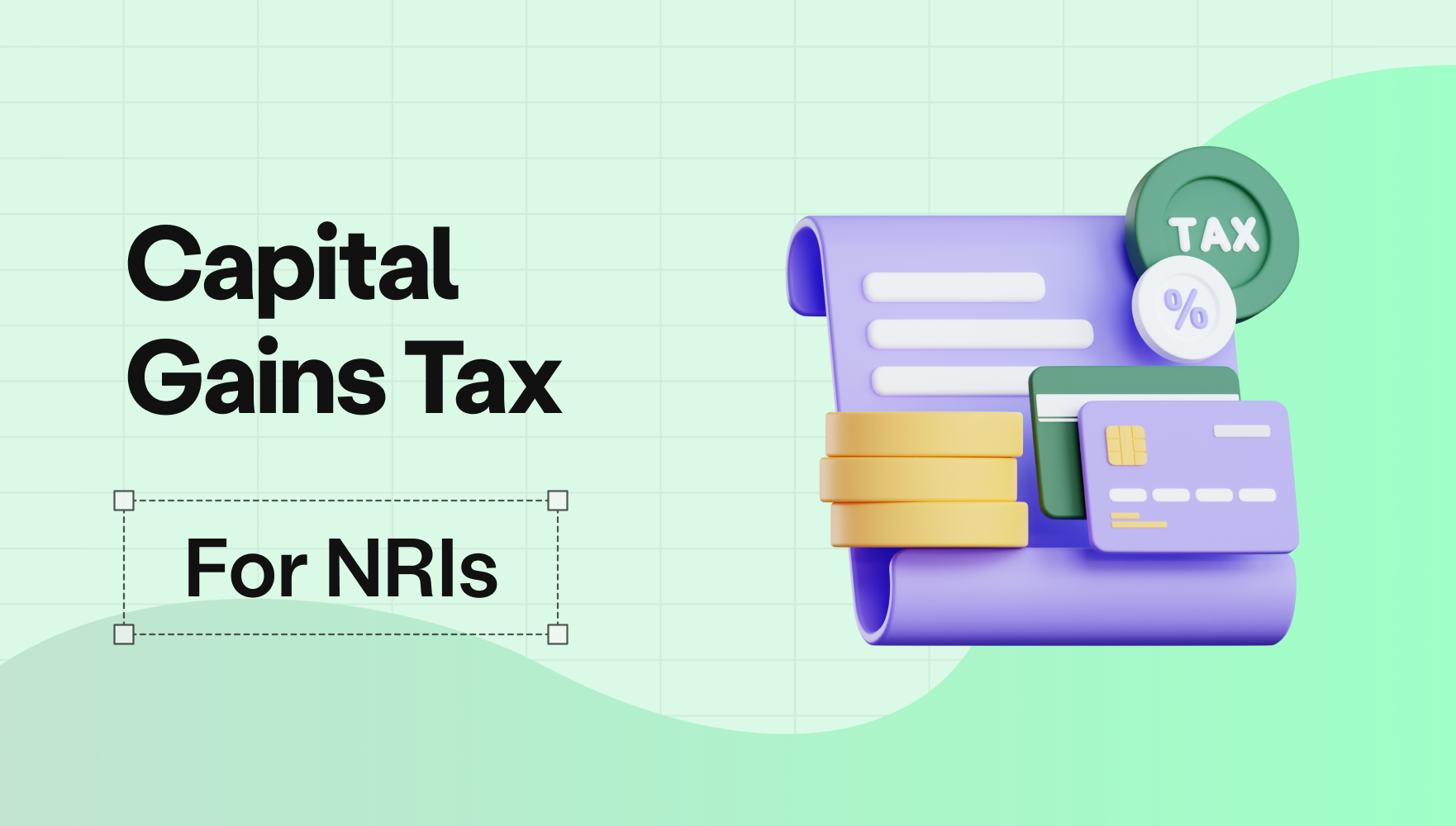 WhatsApp
WhatsApp
 Call Us
Call Us
 Email Us
Email Us
 Whatsapp Community
Whatsapp Community

For Non-Resident Indians (NRIs) navigating the Indian investment landscape, understanding capital gains tax on shares is paramount. This comprehensive guide, brought to you by dineshaarjav.com, demystifies the complexities of capital gains taxation, providing clarity on applicable rates, holding periods, and TDS (Tax Deducted at Source) implications. We aim to empower you with the knowledge to make informed investment decisions.
Capital gains tax is levied on the profit you earn from selling a capital asset, such as shares. The tax rate varies depending on the holding period of the asset and its classification.
The duration for which you hold an asset determines its classification as short-term or long-term, directly impacting the applicable tax rate. Here's a breakdown:
The tax rates for NRIs on capital gains are structured as follows:
TDS is a mechanism employed by the Indian government to ensure tax compliance. It involves deducting a certain percentage of tax at the source of income. This is particularly relevant for NRIs, as it helps track and collect taxes on income earned in India, including TDS the sale of property. Here's a detailed table outlining the TDS rates applicable to NRIs on various capital gains:
| Asset Type | Short-Term Capital Gains TDS | Long-Term Capital Gains TDS |
Who Deducts TDS, Amount & Timing |
| Sale of Listed Equity Shares, Bonds, ReITs, and InvITs | 20% | 12.50% |
Broker deducts TDS on the capital gains portion at the time of settlement. |
| Sale of Equity Mutual Funds, Equity FOFs, Gold & Silver ETFs, Gold Funds, Overseas FOFs | 20% | 12.50% |
Mutual Fund house deducts TDS on the capital gains portion at the time of redemption/sale. |
| Sale of Debt-Oriented Mutual Funds | 30% | 30% |
Mutual Fund house deducts TDS on the capital gains portion at the time of redemption/sale. |
| Sale of Unlisted Equity Shares, Foreign Equity, and Debt | 30% | 12.50% |
Buyer deducts TDS on the total sale consideration at the time of payment. |
| Sale of Unlisted Bonds | 30% | 30% |
Buyer deducts TDS on the total sale consideration at the time of payment. |
| Sale of Physical Gold | 30% | 12.50% |
Buyer deducts TDS on the total sale consideration at the time of payment. |
| Sale of Physical Real Estate | 30% | 12.50% |
Buyer deducts TDS on the total sale consideration at the time of payment. |
| Rental Income | 30% | 30% |
Tenant deducts TDS monthly when making rent payments. |
| Consultant/Professional Income | 30% | 30% |
Client deducts TDS whenever payment is made against the invoice. |







Stay in the loop, subscribe to our newsletter and unlock a world of exclusive updates, insights, and offers delivered straight to your inbox.